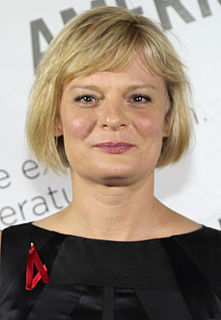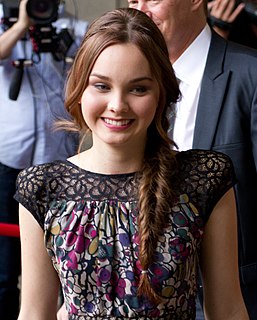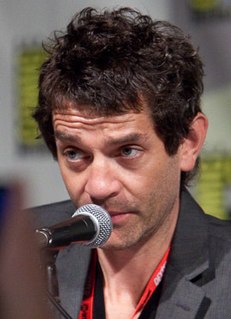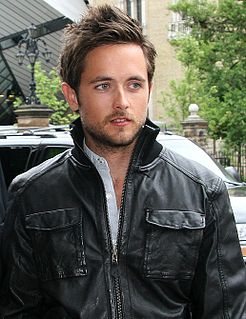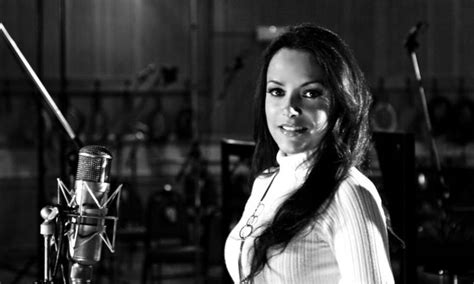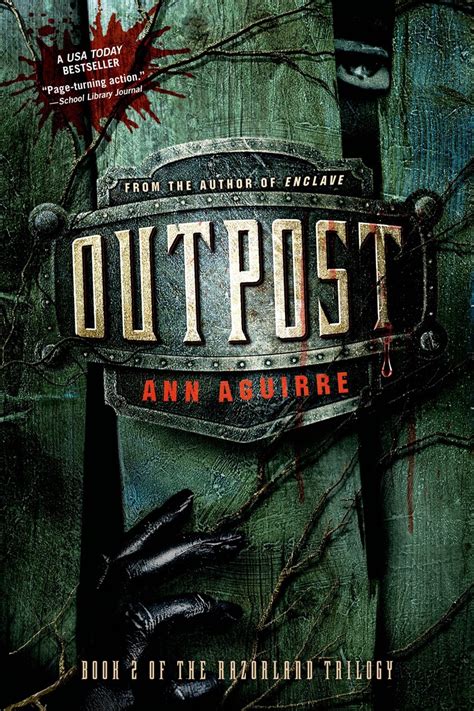A Quote by Angela Kinsey
If you change a character too much, the audience falls out of love with the character, but characters need to evolve and grow over the years.
Related Quotes
When you are writing, you have to love all your characters. If you're writing something from a minor character's point of view, you really need to stop and say the purpose of this character isn't to be somebody's sidekick or to come in and put the horse in the stable. The purpose of this character is you're getting a little window into that character's life and that character's day. You have to write them as if they're not a minor character, because they do have their own things going on.
And, for any performer, to be able to go deep into character is fantastic. In film you only get to do that if you're the leading character. But in television you get 18 hours to really test the audience and take them to the edge of how far they will go with this character. I can step over this line and I love that.
I always want the audience to identify with my character in some way. I mean, sometimes you'll get characters that aren't very identifiable. Sometimes you can't relate to your character at all. I think it's important to keep the audience interested. But the best advice that I've gotten is to live in the moment.
I just want to do shows because you get to see, over all the seasons, the person grow, and you get to grow with the character. That transformation, for me, is what I love about my job. I get to learn about myself and challenge myself and grow with the character. For me, it's a whole process of learning and growing.
I fell in love with the classical crossover genre when I was on AGT. I found out that I could use the microphone to establish a deeper intimacy with the audience. I did not portray an opera character; I was my true self. I would sing a four-to-five minute piece for the audience and then I could talk to them and say "Hi" to them! I would not need to act out scenes where my character was dying from tuberculosis or killing somebody else on stage, I could have a nice conversation with them.
The writer must always leave room for the characters to grow and change. If you move your characters from plot point to plot point, like painting by the numbers, they often remain stick figures. They will never take on a life of their own. The most exciting thing is when you find a character doing something surprising or unplanned. Like a character saying to me: ‘Hey, Richard, you may think I work for you, but I don’t. I’m my own person.’




